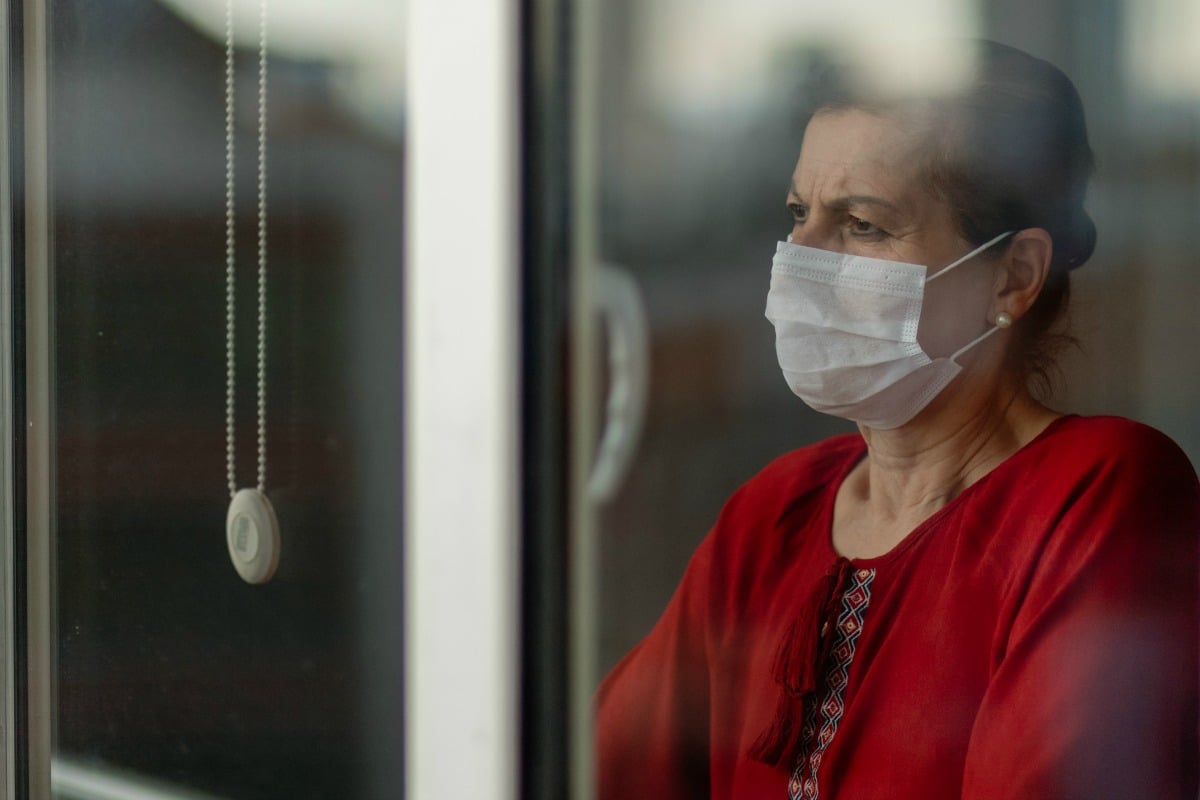
This week, we’re all getting used to the new guidelines that have been introduced to slow the spread of COVID-19.
On Sunday night, Prime Minister Scott Morrison introduced a ‘two-person public gathering limit’. The Prime Minister also advised that all Australians are to stay at home except for absolutely necessary reasons.
Victorian Premier Daniel Andrews has gone a step further, announcing that the state is now at ‘Stage Three’ restrictions. Under the new restrictions, individuals can be fined up to $1600 if they gather in groups of more than two people, other than their own household.
“Victoria Police will not hesitate to take action against you. That is how serious this is,” Andrews said on Monday.
“If you are having friends over for dinner or friends over for drinks that are not members of your household, then you are breaking the law.”
In NSW, police can give out on-the-spot fines of $1000 to people leaving their home without an “essential” reason. Those reasons include work (if a person can’t work from home), school, shopping for food and essential items, medical care and exercise.
Watch: Scott Morrison’s press conference from Sunday night. Post continues below.

Top Comments
"In Lombardy, the hardest-hit region of Italy, people have been told they’re no longer allowed to go outside to exercise. An exception has been made for walking dogs, but dog walkers aren’t allowed to go more than 200m from their home."
Not just Lombardy. This rule applies to the entire country. You haven't been allowed out to exercise for the entire time the country has been locked down. The rule about dog walking within 200m of home was brought in a little later because people kept using their dogs as an excuse to go outside and stroll around as long and as far as they liked.